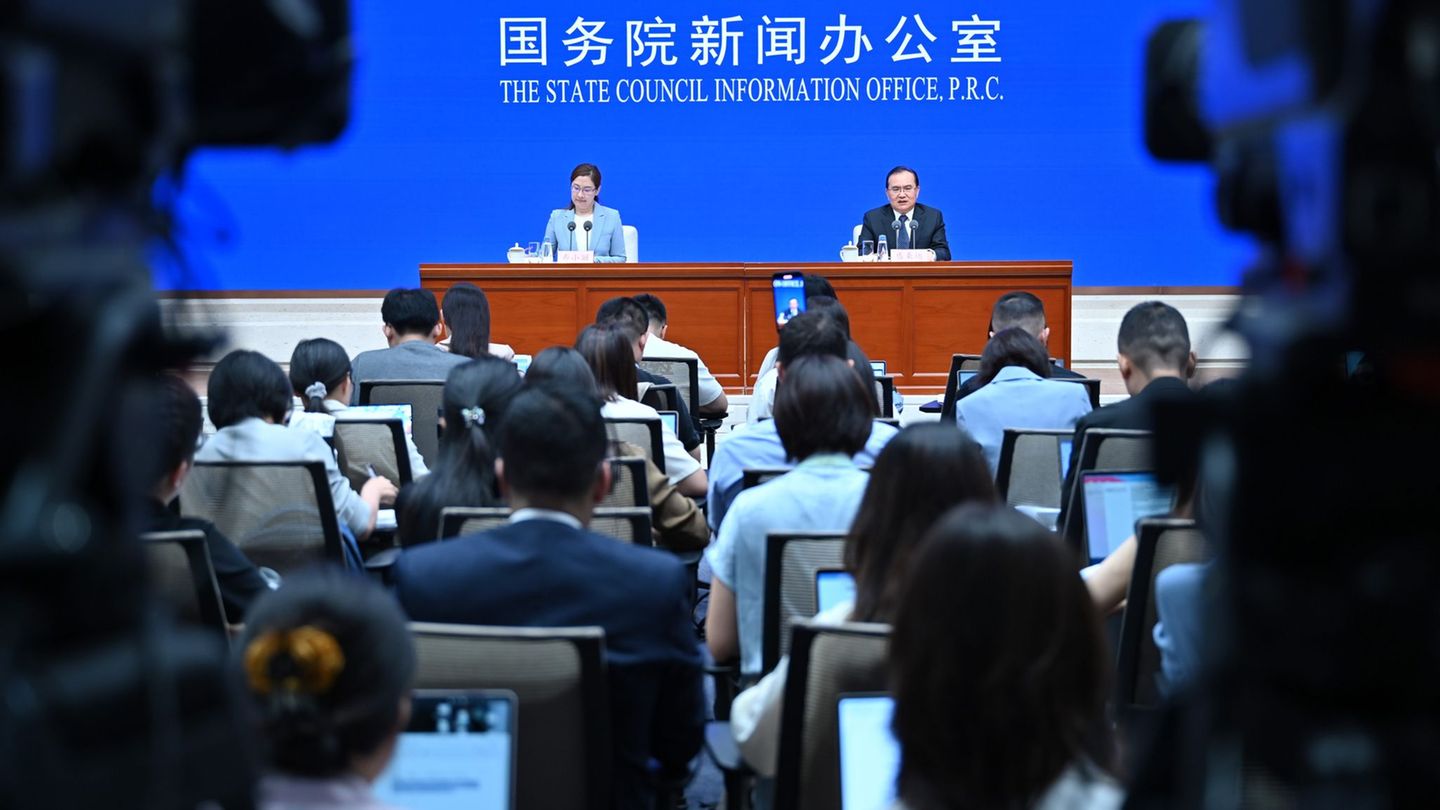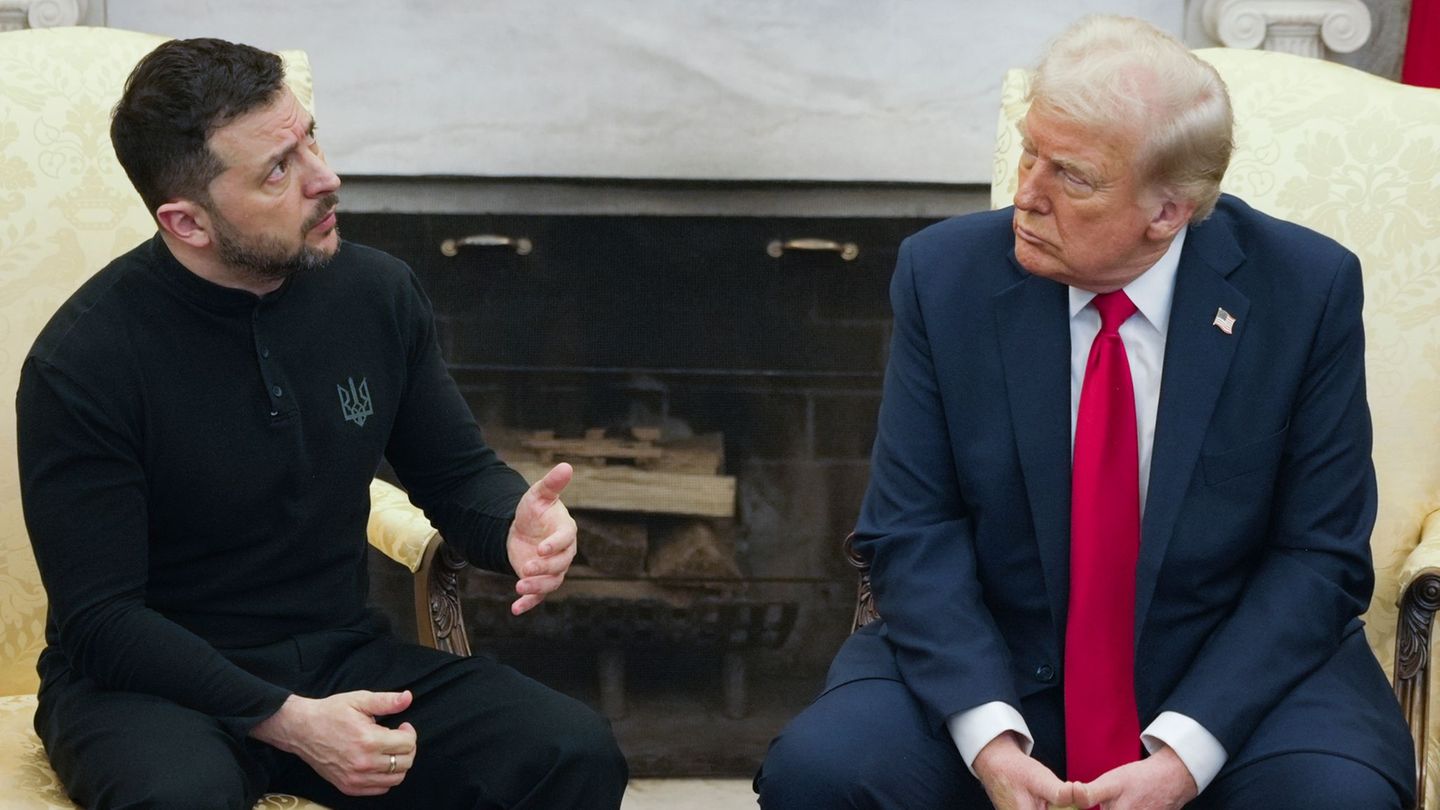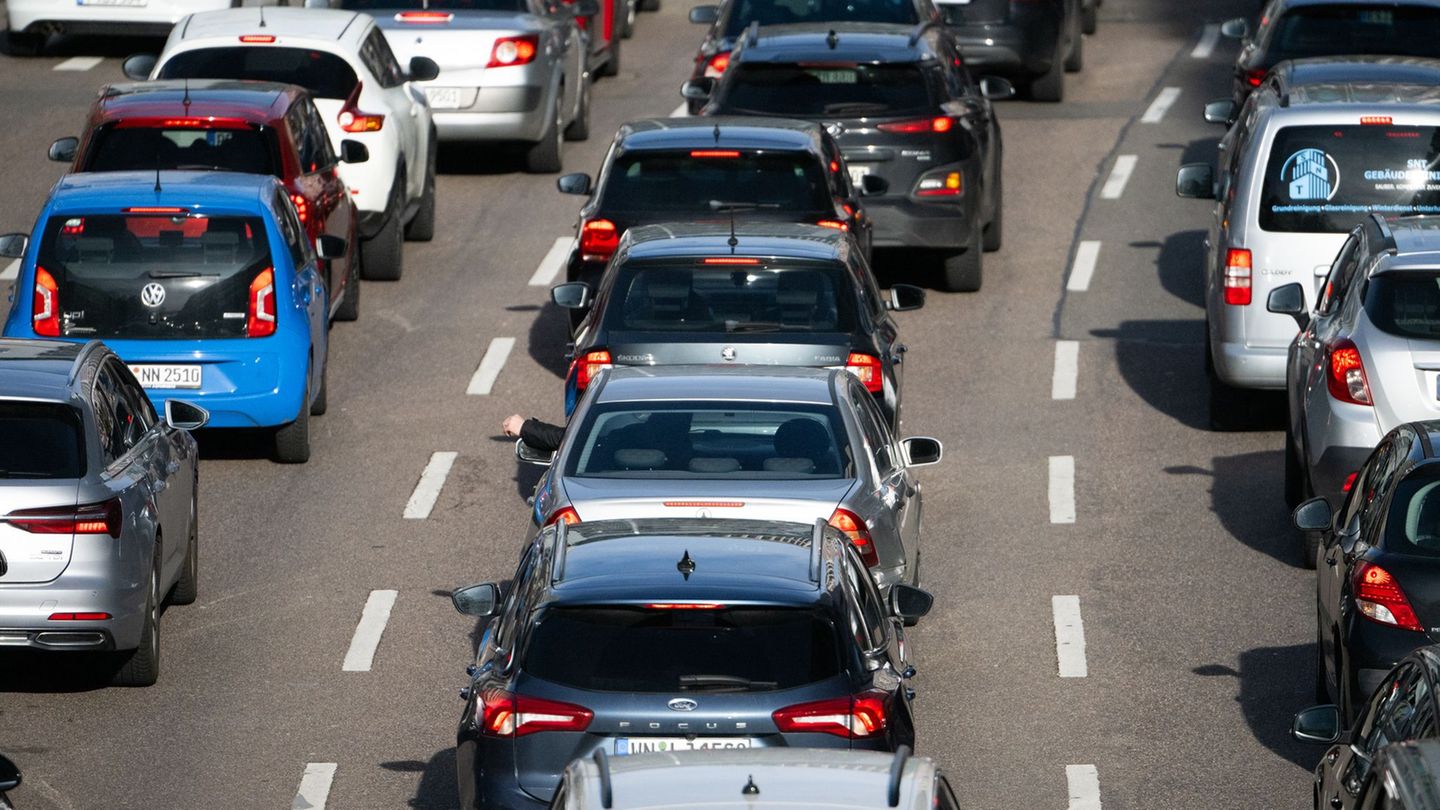The shock wave will end up hitting the consumer’s pocket in a matter of time. Although Argentina already has a systemic problem with inflation, two more ingredients will be added: despite the increase in the prices of the main grains that will help compensate for the severe drought, increases in food at the local level are not ruled out, as has already been observed. at other times especially in the price of bread. On the other hand, the prices of Liquefied Natural Gas (LNG) that the country imports, also promises to push even more for increases in rates to moderate the increase in spending that implies the State.
Rates
The same day the conflict broke out, oil rose to $100 a barrel. Fear of a cut in oil supply as a result of the conflict is driving prices to record highs not seen since 2014. Analysts are concerned about the spike in fuel prices. The concern goes through the increase in energy costs that the country will have this year, just when the Minister of Economy Martín Guzmán negotiates with the International Monetary Fund (IMF) a reduction in subsidies to the sector. In this framework, further increases in gasoline during the year beyond the 9% approved in February are not ruled out.
Another point to note is that Argentina has the second largest unconventional gas reserve in the world in Vaca Muerta, however it cannot export it to neighboring countries or take advantage of it internally due to lack of infrastructure and investment. Therefore, the 20% increase granted seems insufficient to compensate for the increase in import costs.
Finally: electricity. The government will have to analyze if the sharp rise in international prices will be absorbed by the State, if it will seek to negotiate with the companies to absorb part of the costs or will transfer the increase to rates despite the segmentation.
Foods
If gas becomes more expensive, the price of electricity rises (gas is needed to generate electricity) and if electricity rises, inflation increases due to the increase in costs in all productive sectors. As the increases are concentrated on essential supplies such as electricity, heating, diesel and food, it will affect the most vulnerable. The logic behind this hypothesis is that an increase in food prices worldwide will imply an increase in local prices, something that the Government already identified last year as one of the reasons why inflation jumped from 36%. in 2020 up to 50.9%. And this additional pressure towards food would come with a general index that reached 3.8% in January and that was 4.9% in particular for food products and beverages.
Russia is the world’s leading grain producer, ahead of the United States and Canada. As for Ukraine, about 30% of all the wheat that the European Union buys comes from Ukraine, precisely from some of the areas affected by the conflict. In the case of cereals, the crisis in Ukraine could have two effects:
- On the one hand, it could jeopardize harvests and cause grain supply shortages. This consequence is not happening at the moment, but it is an upward risk.
- The second effect is happening, and that is that the conflict is aggravating the bottlenecks. The crisis in the supply chains is driving up the price of raw materials, although at the moment there is no shortage.
How does this affect Argentina? recently, the Secretary of Domestic Trade commanded by Roberto Feletti made an agreement with the bakery sector. Wheat is the main raw material for bread that will suffer a sharp rise due to international prices. Despite attempts to decouple prices and the desire to create a trust for wheat, the initiative is still being worked on with strong disagreement from the sector.
The primary objective is to ensure that the kilo of flour and dry noodles stop their upward march and even manage to freeze the values for the next renewal of the Care Prices program, which will take place the first week of April.
In parallel, there is also speculation that the trust also aims to decouple the internal values of corn and that they put pressure on the retail price of chicken, since it is its main input for animal feed. This last point is still under discussion between the parties. But the truth is that, according to official sources, the trust to freeze the value of kilo flour and dry noodles is soon to come out by direct agreement with the export sector.
Source: Ambito
David William is a talented author who has made a name for himself in the world of writing. He is a professional author who writes on a wide range of topics, from general interest to opinion news. David is currently working as a writer at 24 hours worlds where he brings his unique perspective and in-depth research to his articles, making them both informative and engaging.




